Dr Jade McGlynn, a Research Fellow with the Department of War Studies, King’s College London, sat down with Ukrinform to discuss the latest trends in Russian propaganda efforts, their tailored influence on Western and Ukrainian audiences, lack of resolve among European politicians, the upcoming presidential election in the U.S., fragility of the Euro-Atlantic security architecture, and ways to promote the Ukrainian narrative to ensure continued support as the political landscape in the West is undergoing shifts.
RUSSIA IS GOOD IN TAPPING INTO ORGANICALLY RESONATING NARRATIVES
We know that against the background of the upcoming elections, especially in the U.S. and the EU, Russian propaganda has intensified efforts to undermine international support for Ukraine. Please tell us about the main elements and peculiar features of the latest disinformation campaigns promoted by Moscow.
Moscow is very good at adapting its narratives to the particular national contexts, and I think sometimes that’s something that’s lacking in the West’s counterpropaganda efforts, by which I mean that in Russia, they’re very good at noticing which narratives resonate just organically, and then using them, tapping into them, and exploiting them, either for their purposes or simply noticing that those narratives sow division, or are in some way harmful, or in some way work against those who work against Russia’s interests. But there’s also the second level of spreading particular narratives that quite clearly work in Russia’s favor.
And if we think about the UK, for example, where Russian propaganda is having a very hard time because British people are incredibly pro-Ukrainian, there you see narratives that are very much focused, for example, on the idea of great Russian culture. So I've been monitoring Russian strategic communications in Britain since before the start of the full-scale invasion and since afterwards, and there's been a really big shift towards a real focus on the idea that Russia has this great culture. And, okay, maybe you don't like Putin but it's just Putin, and the rest of Russia is wonderful.
And right now, we're seeing a big effort in terms of promoting the notion that Russia would never attack NATO countries. Perhaps we could just abandon Ukraine and then everything will be fine, they'll be satisfied. The crocodile will be satisfied, as Winston Churchill “did not say”. So there's that context where Russia understands it's working in a very hostile environment in the UK.
Of course, in a country like Germany, there's much more for it to exploit and we've seen that with the rise of the AfD (radical right political force favoring Russia), then, of course, that position in the polls is somewhat worrying for anybody who is a supporter of Ukraine. And they're able to exploit long-standing fears, cultural issues, and also, cultural or historical misunderstandings, in terms of quite how World War 2 occurred. For example, Russia is very good at playing on German guilt over the crimes of Nazism.
And it has managed to almost steal Ukraine's voice from that narrative of the Second World War. There's still very small understanding in Germany of what Germany did to Ukraine specifically, and that the Soviet Union was not just Russia.
And then, if we come to the American case, the U.S. is, like all superpowers, very concerned with itself, very inwards looking. To a certain extent that's understandable, and right now, Russia is able to really play on some of those isolationist narratives, but I think it's always worth remembering that these narratives generally tend to exist anyway. If we're talking in the broader, more global scheme of things, Russia is just very good at tapping into them and exacerbating them.
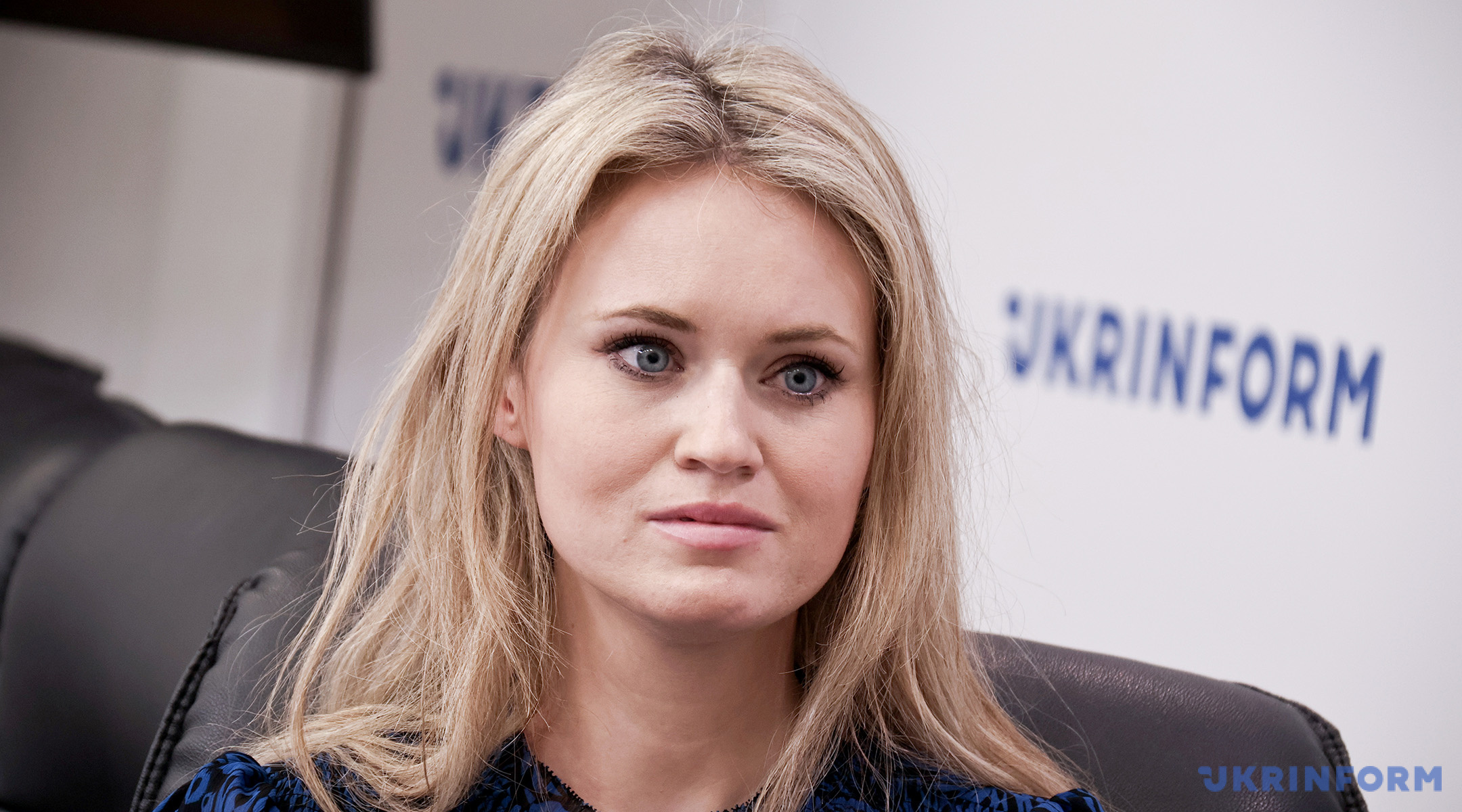
BEST LINE OF DEFENSE IN INFOWAR WOULD BE ATTACK
What in your opinion, should be the systematic work - and how should it be built - to counter such malign activity and which types of actors would be playing the most critical role to this end?
It's a good question and I hope I don't come across as too hawkish. So, perhaps in Kyiv, one can't be too hawkish, so I would say that the best line of defense right now would be attack in the sense that we can't just respond. Of course, it's important to debunk, to educate media literacy, critical understanding, critical thinking – very, very important skills. Just as a skill set for citizens. But Ukraine has an incredible number of people who work on countering disinformation compared to the number that we have in the so-called West.
So I in no way want to suggest we should take resources away from that, but I think there also needs to be more activity on information narratives that target Russia itself. So rather than just protecting ourselves, we need to also work to give Russia a taste of its own medicine because it's not enough to just support Ukraine, unfortunately, right now, because of the different political situations.
There also needs to be a thought about how to further damage Russia, bluntly, and one of the ways to do that is through the information space, looking at why certain narratives in Russia have resonance, looking at what the Kremlin propaganda uses. The Kremlin propaganda uses it because it works, it doesn't use it because it doesn't work. And so if you can think that narrative works, but that narrative could also be quite helpful to us, then there's a need to exploit that rather than what, unfortunately, at the moment, a lot of western counterpropaganda is doing – just translating into Russian the sort of arguments you might make to a British person and…
… that doesn't work.
It doesn't work, for some reason. So, I would say a much more culturally attuned approach to propaganda is very much required.
So does the government sector or non-government sector should play a bigger role to this end?
I think they should both play a role because, of course, government has the resources, often it has access to certain technologies or to certain methods of spreading or making information feel more organic. But you also need the NGOs, you need that flexibility. So I think this is really one of those areas where you need the government for scale underneath the NGOs, or the third sector, or even just experts working on this to come together for creativity and there needs to be an almost blank slate approach. I think towards this more active form of defense in the information space which is if you have a good idea, come on, let's hear it, and let's see what we can do, because things are bad, and it's time to start thinking creatively when things are bad.
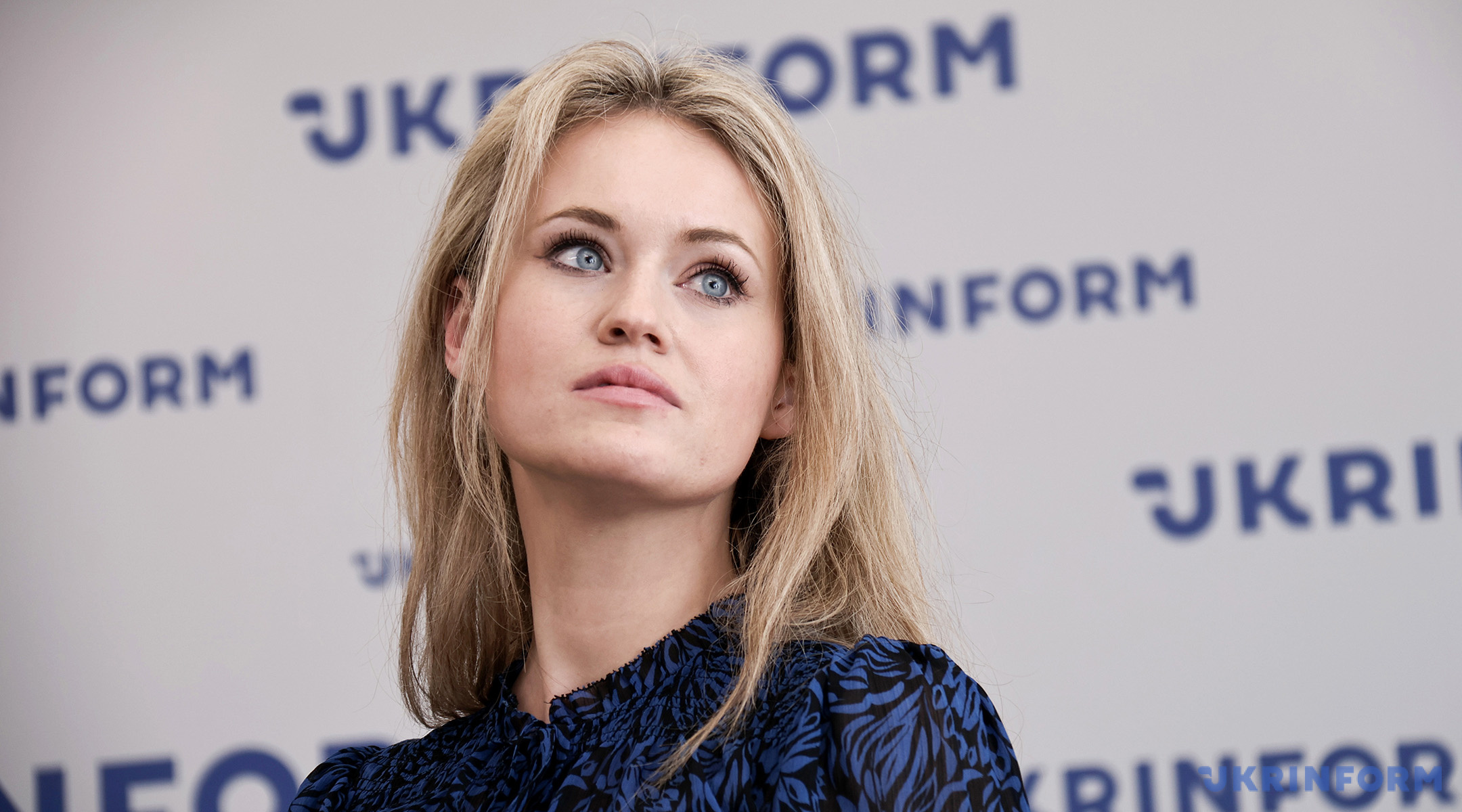
TRUMP IS INCREDIBELY UNPREDICTABLE BUT THERE WOULD BE NO CATASTFOPHE FOR UKRAINE IF HE WERE ELECTED
You touched upon the United States… Donald Trump. Many average citizens in Ukraine, who gather information about the campaign from the news, they hear some of his statements about potentially settling the war. And there have been some concerns about that recently. Ex-Prime Minister of Britain Boris Johnson penned an oped where he suggested that Donald Trump might not be as bad for Ukraine if he wins the election. What do you think about that?
Donald Trump is incredibly unpredictable. Actually, he's very astute political person. He's very much not an idiot though. He may come across as one sometimes but he's very, very politically astute, but he's also very - I think it's fair to say – egotistical. And it's quite easy to understand how these dictators find it very easy to flatter Trump's ego but it's also very easy to imagine a scenario where he begins to dislike them, where he feels offended by them, etc.
So I struggle either way to think concretely this is a complete disaster for Ukraine. I think it's pretty obvious his election would not be a good thing for Ukraine but the idea that it would be a complete disaster doesn't really match up if we look at his first term. It was the time when lethal weapons were sent to Ukraine, sanctions on Russia hardened during that time, there was a very strong response against Nord Stream. So he can't just overturn American foreign policy in the space of his term.
What I worry about more is a combination of factors which is that America's foreign policy or global strategy has for a long time now been turning more towards the Indo-Pacific. So Europe really needs to grow up in the sense, and I don’t mean Ukraine.
Some of the major countries in Europe need to understand that we’ve had this security since the end of the Cold War not because it's a God-given right and not because we all learned how to hold hands and live happily ever after, but because America provides it to us and right now because Ukraine fights.
Essentially Ukraine and America are currently providing most of that security, and it's really time we paid for it, started making weapons that could actually be used, and bluntly, as harsh as it sounds, just grew up and became adults about the threat that's facing European security architecture, because anybody who thinks this stops at Ukraine is - politely - a bit silly.
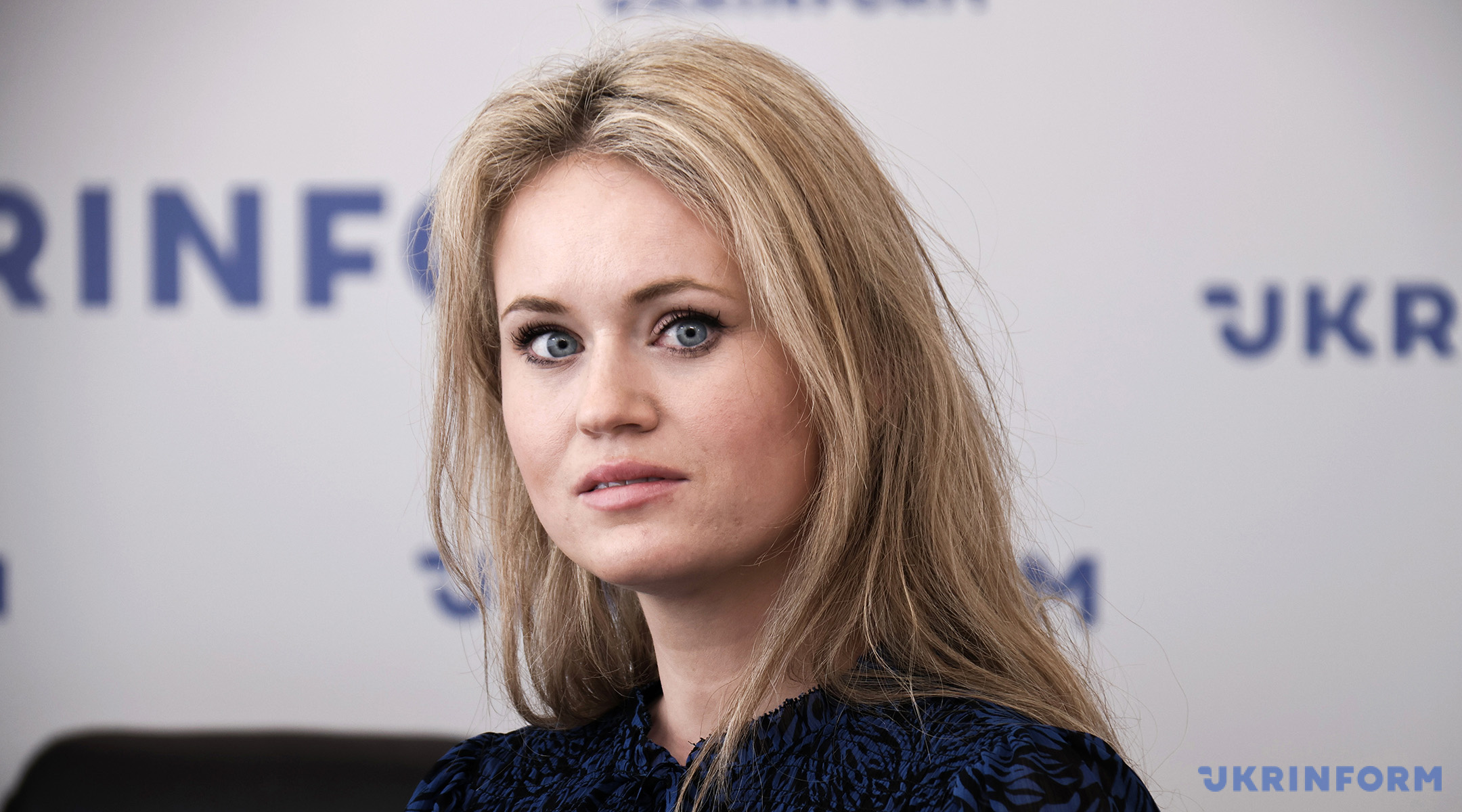
POPULIST LEADERS EXPLOIT GENERAL FEAR
Actually, many European politicians are turning to realize and to officially state that we should not look up to the Americans. We should pose as an independent force that can stand against Russia and its potential aggression, and deter it as much as possible. We see this European unity. But some actors, some member states still have an opposing view to that. Do you think anyone needs to work precisely directly to change public attitudes of voters who elected those leaders who are now voicing such statements in opposition to the majority of European member states? If that needs to be done at all…
I think it does need to be done on a very open and honest level. I think, the reason why some of these populist leaders appeal is because there's a general fear. I think everybody senses across most European countries that the current situation is not tenable, that there is a lot of risk that the lives and security to which we've become accustomed might not be forever. So there is a lot of fear going around. Even in a country, like the UK where people are very supportive of Ukraine, people feel like the politicians aren't telling them the whole truth about the gravity of the situation, and then that makes them panic and they just want the war to stop, and they therefore become more open to populist leaders who say that they have simple answers, like “we can just make Ukraine negotiate”.
I mean, how they will make Ukraine negotiate, who Ukrainians are going to negotiate with, and what exactly Ukrainians are going to negotiate – populist leaders don't give you those details. They just give you nice solutions to very complicated problems.
And I think that until less populist, more traditionally democratic leaders sit down and have an honest conversation about the essence of this war, that this is a war for Ukraine, and against Ukraine, but this war is genuinely an existential threat to the Euro-Atlantic security architecture that I've lived my whole life in, for example, then by the time everybody realizes it, it's going to be too late.
Our societies need to prepare. I mean, can you prepare? You would know better than me as a Ukrainian whether or not it's possible to really truly prepare for war. But there's certain things that could be done in terms of resilience or even in terms of practical measures, and, I just think it's high time that some politicians bluntly had the gut to sit down and talk to their populations openly about what is at risk and why it's this very much in our interest to help Ukraine.
We're not helping Ukraine just because we're nice and cuddly. We're helping Ukraine because it's directly in our national interest. And again, I don't want to overpraise Britain. I do think that Britain is in a better position than some other countries but still we are lacking that conversation because in Britain, we need to rearm, we need to make the sorts of weapons that will be necessary, not fancy silly tanks that have 50 different gadgets but are too noisy to run.
Until we sit down and have that conversation, I don't think there's going to be that public or popular appetite for it, because you need to explain why we're going to have to spend so much money on the armament and why it's needed. And I do think that that issue has been lacking. We relied on the Ukrainians to make their case, but it's not just your case. It's the case for our security, too. So it's time we made the arguments ourselves.
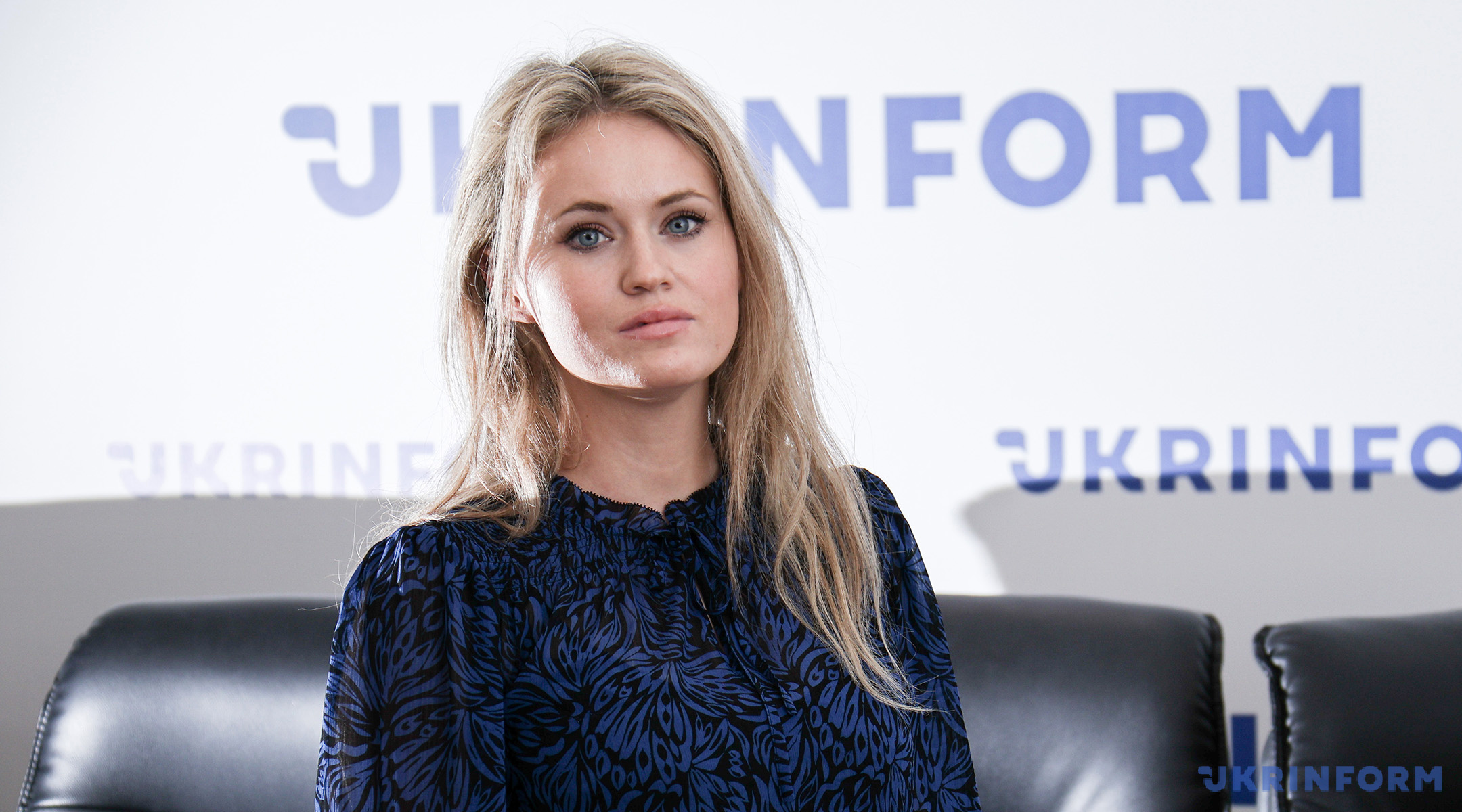
IF YOU SPEAK TO PEOPLE LIKE IDIOTS THEY’LL BE IDIOTS
I'm sure you speak extensively with experts all across Europe. Do you feel that pundits, politicians, and journalists are feeling a fatigue from the Russian war in Ukraine? Also, some voices, like Admiral Bauer, are already saying out loud that Europe should prepare for a potential war with Russia. So is it helping to fight that fatigue if there is any?
I don't think it's fatigue because how can it be fatigue? It's not like we've all been fighting on the frontlines for two years without any rotation. We're not tired. We just lack resilience. Fatigue is a euphemism. Is there a lack of resilience in the West? Yes, there is. And I think it's linked to some of the questions we just discussed.
I think if you speak to people like idiots, they'll be idiots. And if you speak to people like they are intelligent people, then they'll be intelligent. People speak to the audience you wish you had, right? And if somebody would just sit down and explain calmly and clearly what the risks are… You know, nobody wants to see NATO at war with Russia. Nobody wants that. But there’s more than one way to wage a war.
And the idea that Russia would stop at Ukraine and it wouldn't then start some sort of hybrid attacks on Daugavpils on Narva seems highly unlikely to me. I don't see how Putin could stay in power without continuing some war with the West, right? Because it's a special military operation against Ukraine and a war with the West in the framing, so he needs to support that. I don't really see a way out of this for him, for his regime. So that's one point.
But the other issue is that, yes, you do have some people, of course, who will come out and say, “Oh, it's time to end it” but, bluntly, they never-ever have an answer to how do we actually end it? Okay, it's nice to have dialogue, but this is a particular type of view that one finds, especially in the U.S., especially among a certain group of people who are very focused on nuclear non-proliferation and the threat of escalation. And I don't mean that in a dismissive way. Nobody wants to see nuclear war, nobody's going to benefit from that. It's of course right and proper, but there's so much emphasis on that that then the focus goes into this: “Russia is a great power but we can force Ukraine to negotiate.”
But they can't. And I think that there's a broader issue that informs them, which is we have a lot of people who maybe know about Russia but they do because they spent time in Moscow with certain people. They didn't live in the real Russia. Moscow is not Russia, London's not the UK, etc. And they don't know anything about Ukraine, but unfortunately, they're allowed to write about Ukraine as if as if they were experts on Ukraine as well.
So I think there's quite a lot of different issues that come together, a lack of Ukraine expertise, a particular focus on the risk of nuclear escalation that makes people very, very risk averse for understandable reasons, but that is, I think quite shortsighted, or perhaps sometimes overblown. You also have the issue that there's just a general lack of resilience that I think comes from a lack of politicians willing to properly inform their population about what the essence of this war means for them and that this isn't just a war in a faraway land.
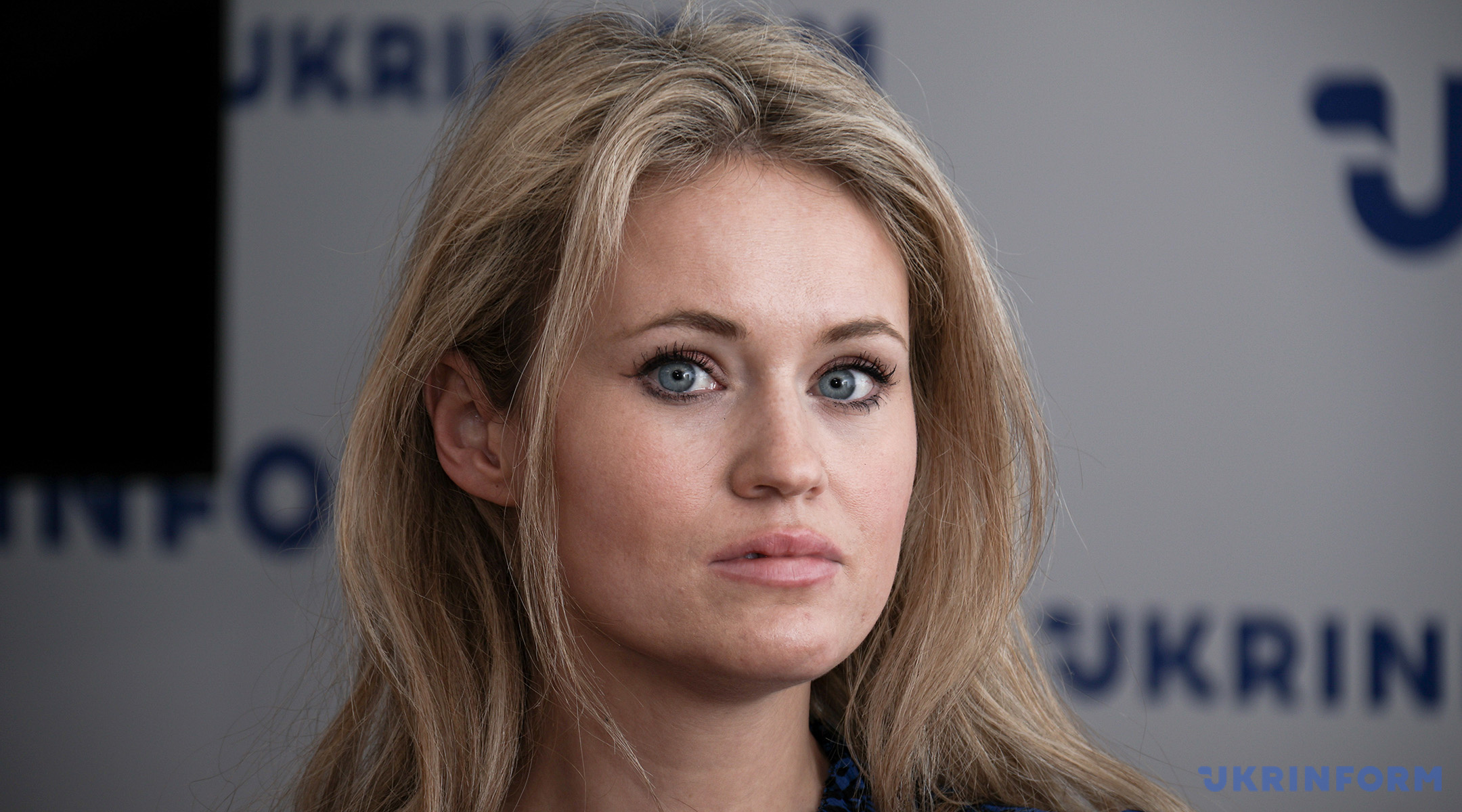
THE WEST IS WRONG ABOUT PUTIN’S RATIONALISM
You spoke about forcing Ukraine to negotiate and how it's probably possible. What do you think are the motives behind a coordinated effort to promote in international media the idea that Russia is allegedly ready for peace talks with Ukraine, given that Russia's actions on battlefield and against the Ukrainian cities speak the opposite?
Well, not just the actions, also, Putin’s own words. I mean, it seems these Russia analysts can’t read Russian because then they might be able to read what he said and that would make it easier for everybody because we could all be on the same page. He spoke quite bluntly about his conquest the other day. I mean, he's not hiding the imperialist objectives. You can read on this historical unity of Russian and Ukrainians, you can read all of this stuff. So I mean, essentially that idea in The New York Times, that Putin is sending quiet signals (while sending very loud bombs elsewhere), comes from a group that have been going out there since March. Again, it comes from that group who would who see Russia is a great power, who see Crimea as essentially Russian, who believe the Russian narrative that, if you take Crimea, then there'll be trouble with Russia, then you've crossed the red line. But how many red lines of Russia have been crossed already, and really nothing has happened. There are some very funny memes on Russian nationalist Telegram about Putin's red lines that are not very favorable to him despite the fact that these people are incredibly pro-war. So I think that people want to believe that there's a way to negotiate with Putin…
Wishful thinking…
Yeah, people want to believe that he's pragmatic, and I think, in some ways, this isn't ideological issue for the West, the idea that everybody is essentially rational, and that now, we're in this post ideological age, where all people really care about is money, and there aren't any kind of driving ideas, or motives, or purposes. And I think that's something that the West gets wrong about Russia. While, of course, Putin and the elite care about their resources, there’s also a strange ideology behind this and also Ukraine's position in relations, the way that Russia has built up its historical narratives – pretty dependent on Ukraine.
Remember, Lavrov once said, “Ukraine has no history without Russia”. But really, the Kremlin has no historical narrative without Ukraine because their whole “1,000 years” is because they're putting themselves as the heirs of Kyivan Rus. The idea that Russia this great cultural Messianic power can't even attract Russian speakers in Kharkiv to want to join it. Or the idea it's even a great military expeditionary force… Again, they can’t take Kharkiv.
So all of its “great-powerness”, all of its notion of who it is really crumbles if it can't subjugate Ukraine. And there is this ideational element that the West overlooks. With Ukraine, this about fighting for something much bigger than just a piece of territory, even much bigger than people. It's about fighting for Ukraine as an idea and Ukraine to be free, to be sovereign, sometimes probably to make the wrong decisions, but they're Ukraine's decisions.
People like to talk a lot about values and they use values a lot in their rhetoric, but I think too many of us have forgotten that those values meant something once and that people died and unfortunately are dying for them again.
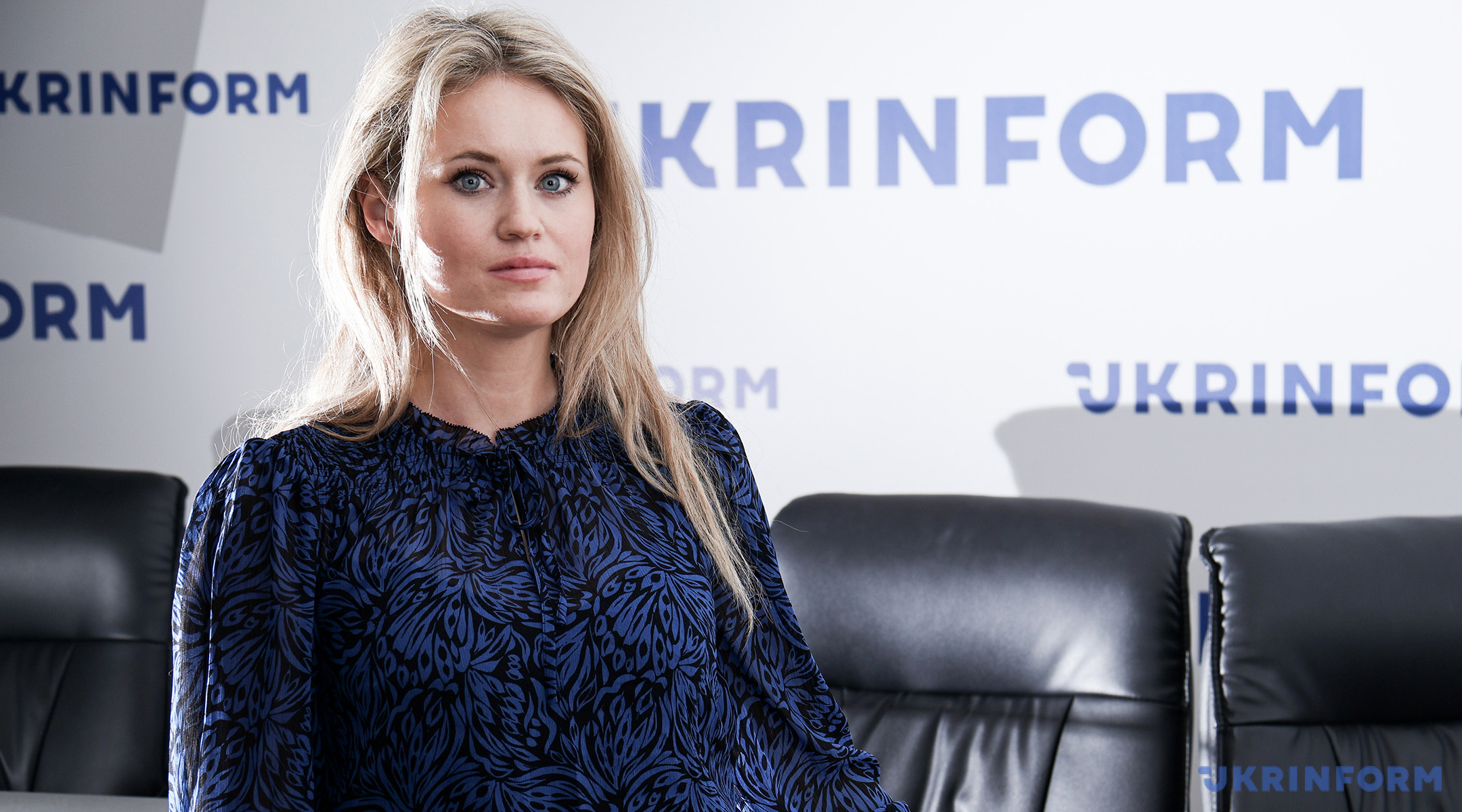
RUSSIAN TERROR IN OCCUPIED AREAS RESEMBLES SOVIET CAMPAIGN IN WESTERN UKRAINE AFTER 1945
The year 2024 is going to be the year of defense for Ukraine, and, given the potential lack of good news about more liberated settlements, given those constant strikes on Ukrainian cities and villages, what do you think will be the triggers that Russia will use in its propaganda tailored for Ukrainian audiences to break the nation’s unity?
Yes. I think is going to be a very difficult year for Ukraine in terms of Russian propaganda efforts. There's of course, going to be a lot of focus on supposed splits between the political side and the military side, a lot of focus on fears around the way the mobilization is conducted in some areas, and there's going to be a lot of disinformation or perhaps, sometimes, just exaggeration of things that did happen, that you're just making them appear much larger than they are in terms of corruption, and all of these other painful issues that every country has, but that for different reasons have become especially painful topics in Ukraine, both because of the war, because of Russian propaganda efforts, because of sensitivities towards how the information environment in the West might affect support to Ukraine, and therefore Ukraine's literal ability to survive.
And of course, I think as well to not forget about the occupied territories and what's happening there because the propaganda there is becoming increasingly terrifying in the sense that they're not really trying to convince – they're trying to terrify people, those who are going to be convinced to join the Russian world as it were. They've already got them, and for the rest of the people there's just a constant flow of information about how anybody who works for the resistance is basically a drug addict, dealing drugs or make moonshine somewhere in their basement. That these are terrifying people, that anybody who has any sympathy toward Ukraine will be found, will be caught, that terrible things will happen to them. Even we've seen children paraded on some of the local Russian satellite channel, one of those only available in occupied areas. So I think there’s going to be this focus on demoralizing, and this will never end. It's just going to be awful. But then, also, of course, it will be about dividing people, creating divisions in the free part of Ukraine. In the part that's occupied, I think, it's just going to be an increased terror.
I've been reading recently about the Soviet campaign in Western Ukraine after 1945, and there's so many similarities with the occupied territories now, in terms of just how a huge number of ideological workers, who were sent from Moscow or more pro-Soviet parts of Ukraine inculcate Western Ukrainians into this thinking. And I really want to revisit it in more detail because you've just think it's just history repeating itself. This wiping out of people who resisted dictatorship and then also just this incredible ideological flattening or most people's own opinions in the face of having to pretty much accept that any way because of brute force.
It just makes me think about what more can be done, first of all, in the West, so that people know about the incredible courageous resistance that's going on in these territories, it's almost every day you read that there's been attack on an FSB or Rosgvardia person. And also, perhaps, different ways that can help people who are still in the occupied territories to both get information out and so information can be got in to them so that they don't feel forgotten because it must be a very lonely and terrifying time for Ukrainians living under Russian occupation.
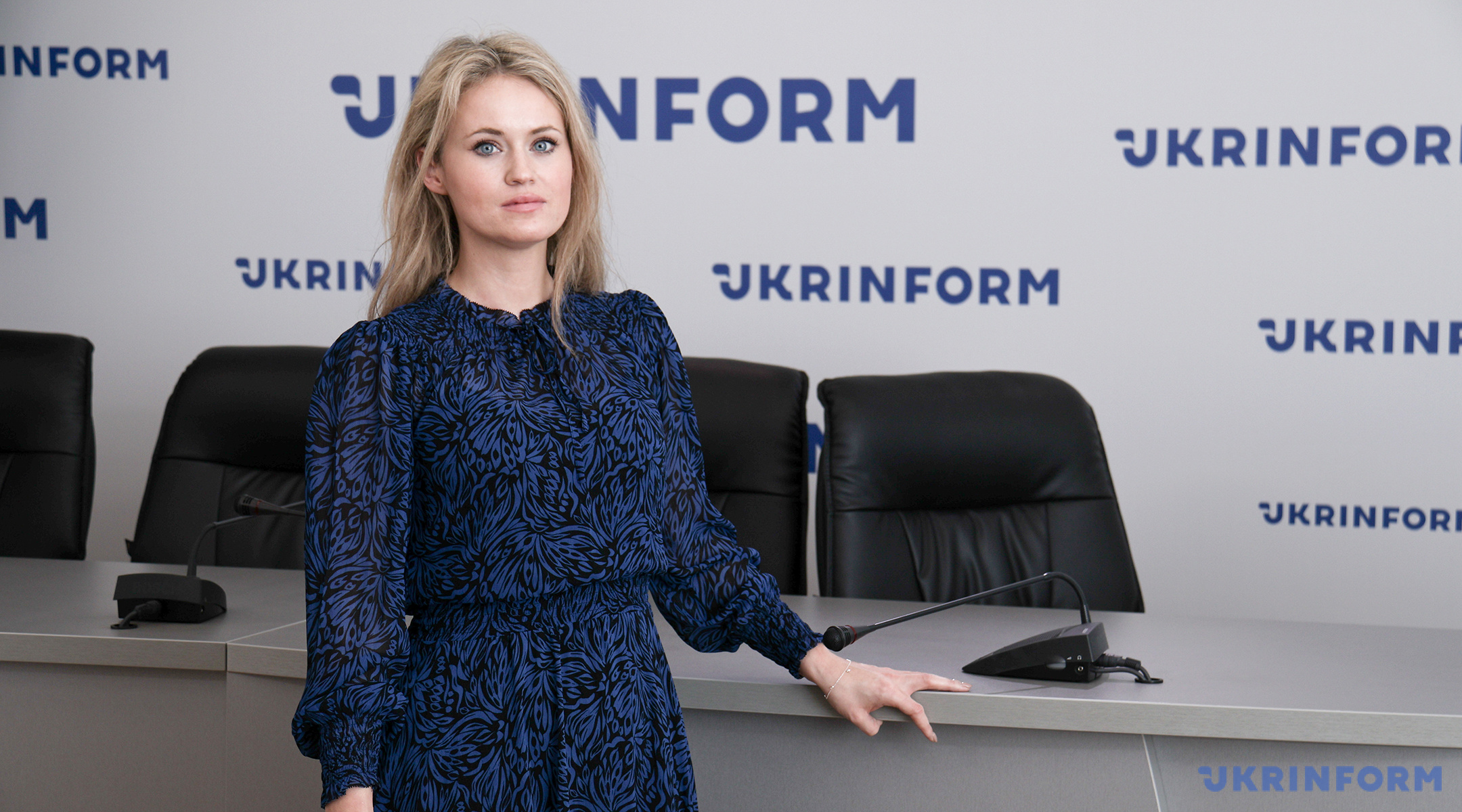
IN STRATEGIC COMMUNICATIONS, IT’S TIME FOR FRANK, TOUGH DISCUSSIOS
And what would be your overall general advice to our stratcom experts, maybe those in government who work on communications, in terms of countering this malign propaganda and delivering their message to the world throughout this year?
They did a very, very good job in 2022. An incredible job in terms of adapting it to each different audience, but I think the situation was different, and what worked in 2022, won't work now, bluntly. So I would say two things. Definitely, continue to contextualize. But secondly – it feels really horrible to say this – but a lot of this rhetoric about values that we use is not really worth appealing to.
Appeal to people's sense of money and appeal to people's strategic interests and security interests. And you already see Ukraine is doing that in particular with its actions in Africa. I think they're very clever. But more needs to be done, not to be rude but almost to be tough and say, “Okay guys, what do you think's going to happen if we fall? This is what's going to happen. We'll tell you. What are you going to do?”
Because pretty much, the only army capable of defending itself in Europe is your army, the Ukrainian army. So I think it's maybe time for a bit of I think speaking bluntly and also being honest about things. Ukraine has so much trust, especially in the British context, there's really so much love for Ukraine. And I think that just being honest about the fact that this is really hard… You're fighting the Russian army, of course, it's hard. And I think it's okay to say, you know what, sometimes maybe like mistakes will be made or sometimes, you know, we're just humans, sometimes we're going to find it really hard. Sometimes we're going to perhaps say the odd comment that we shouldn't, and perhaps you will, too, because this is a really difficult period.
I think it's okay to human, it's okay to not always control the narrative. I think people in general are a little bit tired of controlled narratives. So just speaking honestly and openly as human beings going through something really terrible and appealing to other human beings who can maybe do something to help that in general, I think that's probably the best approach for any communications.
I hope Ukraine will succeed in that. Thank you very much for this insightful conversation.
Ievgen Matiushenko
Photo: Yevhen Kotenko
